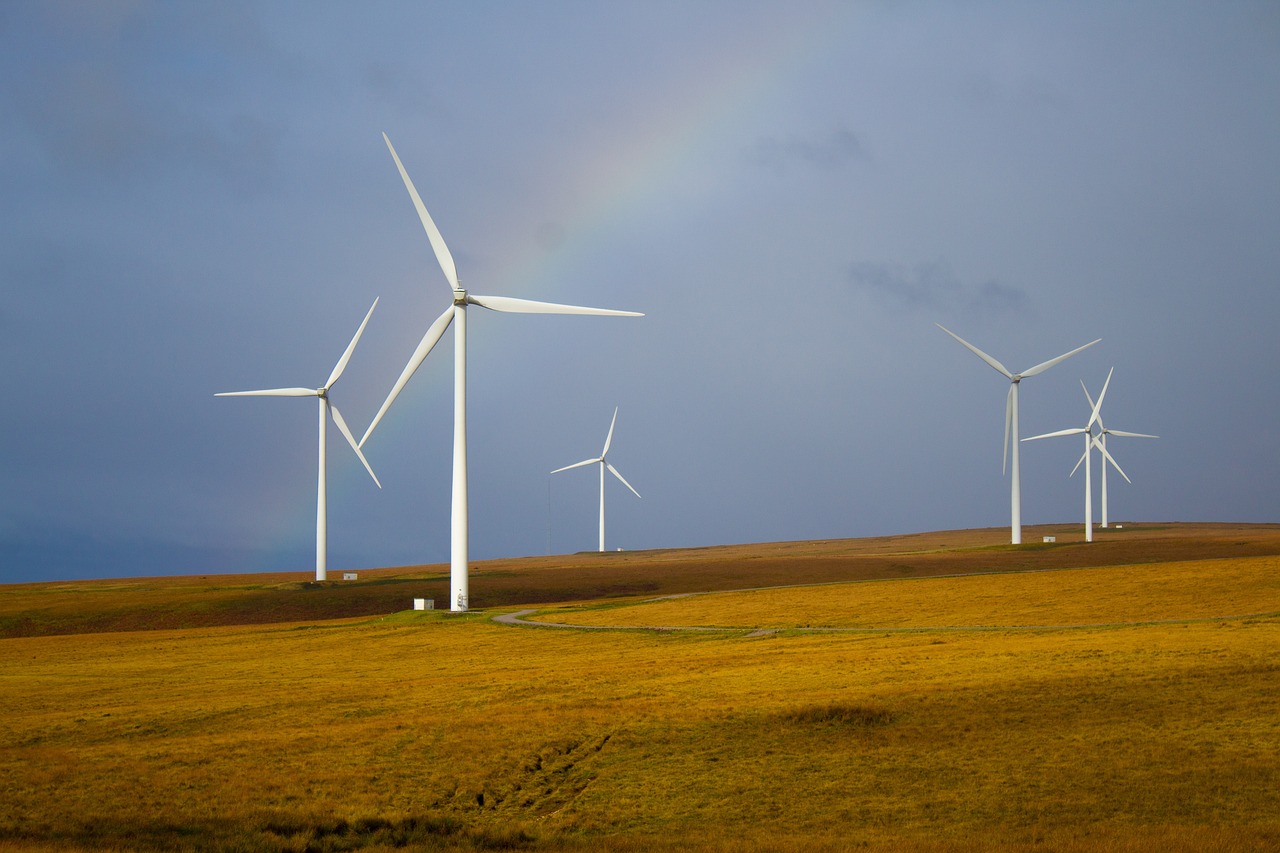
ΑΙhub.org
Machine learning helps improve quality assurance for wind turbines

By Sandrine Perroud
Faulty wind turbine blades can incur huge costs for the companies that operate them, especially if the defects go unnoticed until it’s too late. That’s why quality assurance is such a strategic issue for global wind-turbine manufacturers. Today, quality inspections are limited to surface inspection of limited areas as these composite structures roll off the production line. But under a new approach co-created by EPFL and University of Glasgow researchers, inspection engineers can use a new patented radar technology, combined with an AI assistant, to detect possible anomalies beneath the surface. This approach has many advantages: it’s non-destructive, non-contact, supports agile and rapid data acquisition and analysis, and requires very little power to operate. The research has recently been published in Elsevier Mechanical Systems and Signal Processing (MSSP).
Merging signal processing and AI
The research draws on earlier work from both institutional partners. This work was led by Olga Fink, today a tenure-track assistant professor of civil engineering and head of the Intelligent Maintenance and Operations Systems Laboratory (IMOS) within EPFL’s School of Architecture, Civil and Environmental Engineering (ENAC). In previous research, she has developed methods for detecting anomalies by processing the sounds produced by faulty machines, for background noise suppression on audio recordings and for classifying bird songs by infusing learning capabilities into well-known and well-grounded signal processing approaches.
“Manufacturers are building wind turbines bigger, with more complicated designs. All that increases the chances of a defect occurring during the manufacturing stage.”
– Olga Fink, Head of the Intelligent Maintenance and Operations Systems Laboratory (IMOS)
Today, she’s looking at new applications for her AI-driven systems. “Wind turbines are made from several different composite materials like fiberglass and carbon fiber,” she says. “Manufacturers are also building them bigger, with more complicated designs. All that increases the chances of a defect occurring during the manufacturing stage.”
Measurement technology
The University of Glasgow team, led by Prof. David Flynn, James Watt School of Engineering, and Head of Research Division for Autonomous Systems and Connectivity has pioneered methods in prognostics and health management. They have explored how Robotics and Artificial Intelligence (RAI) can support net zero infrastructure. The researchers in Glasgow used a patented Frequency Modulated Continuous Wave radar with a robotic arm to inspect industrial wind-turbine blade samples at distances of 5, 10 and 15 centimeters from the sample. Using signal processing methods, they could isolate features and precursors to future failures in these complex composite samples (see below a video produced by the University of Glasgow).
Improve data representation
When providing this experimental data to the IMOS team, the challenge was to enhance the information content of the features embedded within this raw data. It turned out that the signals obtained by the radar varied depending on the inspection distance and the blade’s surface material and core material. Gaëtan Frusque, a postdoc at IMOS and the study’s lead author, explains: “At IMOS, we used a complex-value representation of the signals to better separate the information they contain, and to adapt the AI model accordingly.” As a result, the algorithm they developed can distinguish anomalies from uniform turbine parts.
The Glasgow researchers now plan to collect more data to further validate the IMOS results. The researchers plan to eventually test their method on existing turbines, which they can do by fitting the sensor to a robotic arm or onto a drone. This should enable them to spot manufacturing defects in turbines before they’re put into service or to inspect the turbines during operation. Once installed, defect-free turbines can operate for around 20 years.
Read the research in full
Non-contact sensing for anomaly detection in wind turbine blades: A focus-SVDD with complex-valued auto-encoder approach, Gaëtan Frusque, Daniel Mitchell, Jamie Blanche, David Flynn, Olga Fink.









